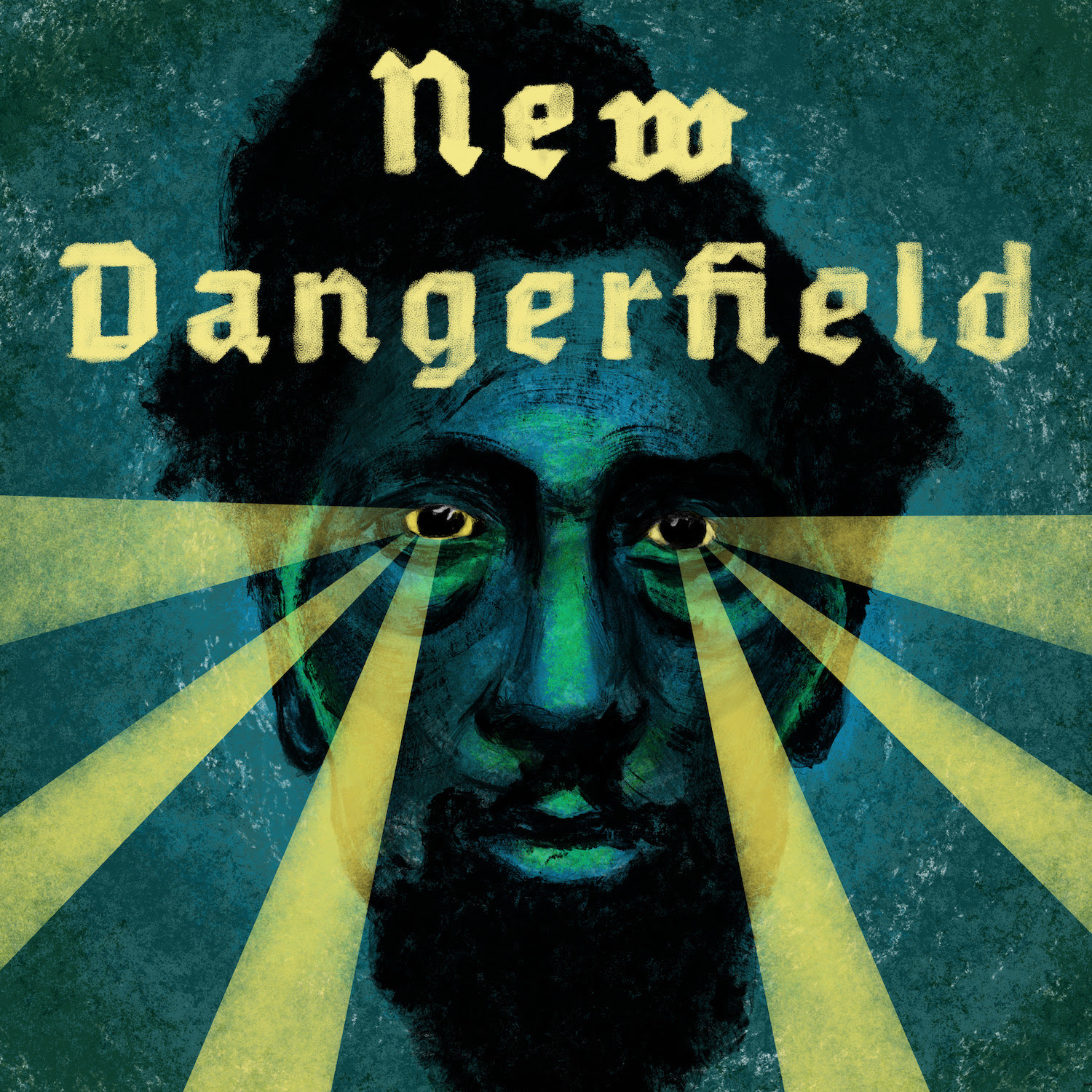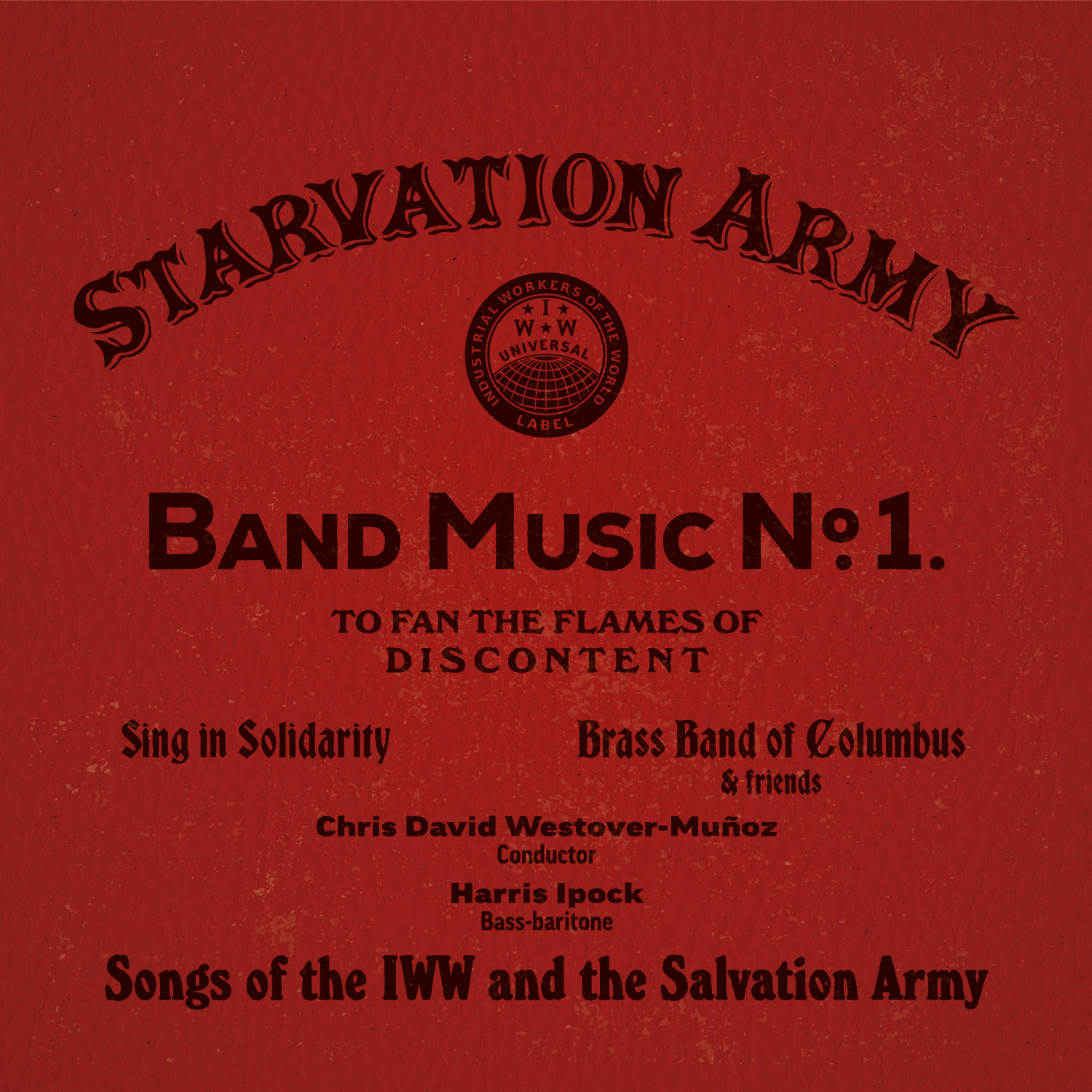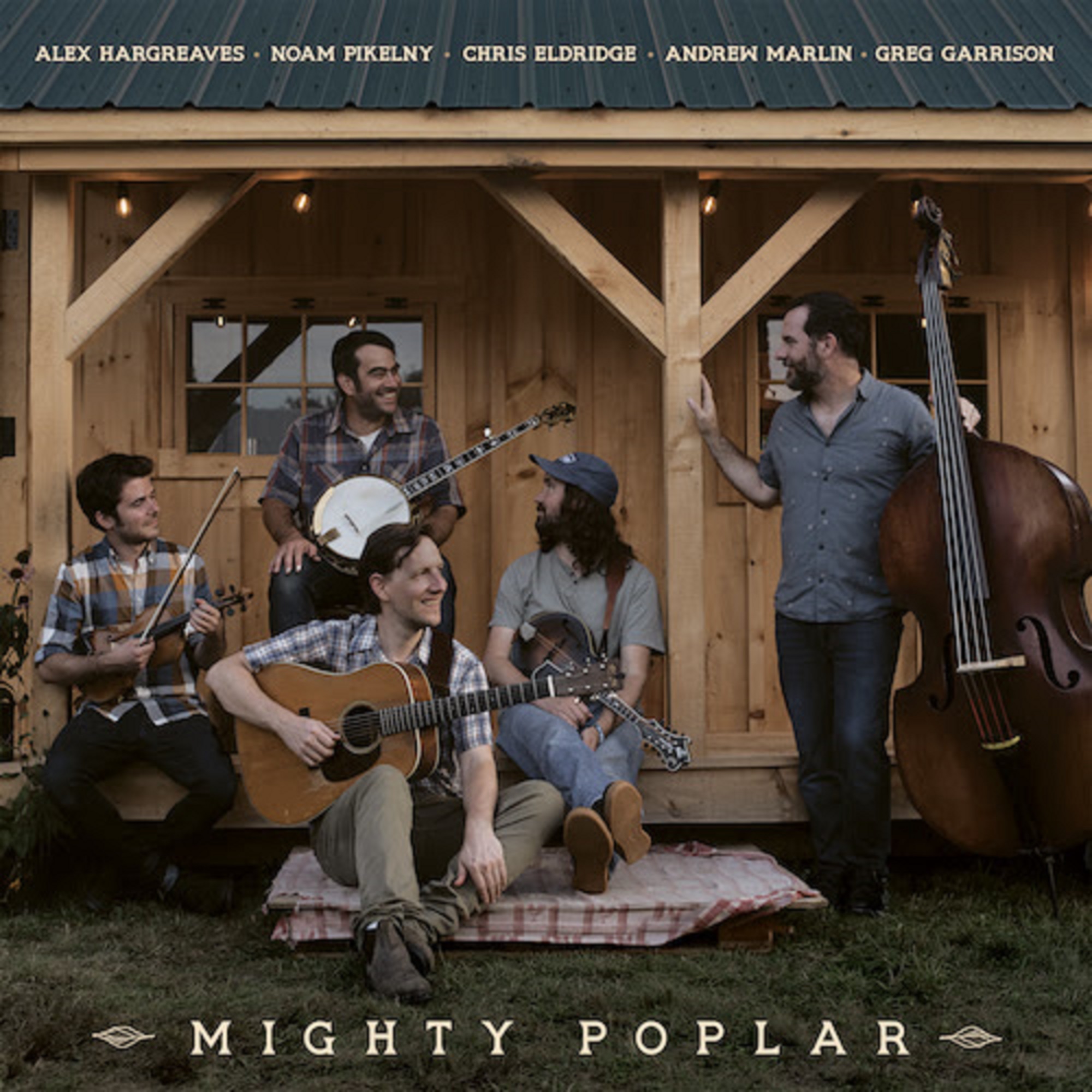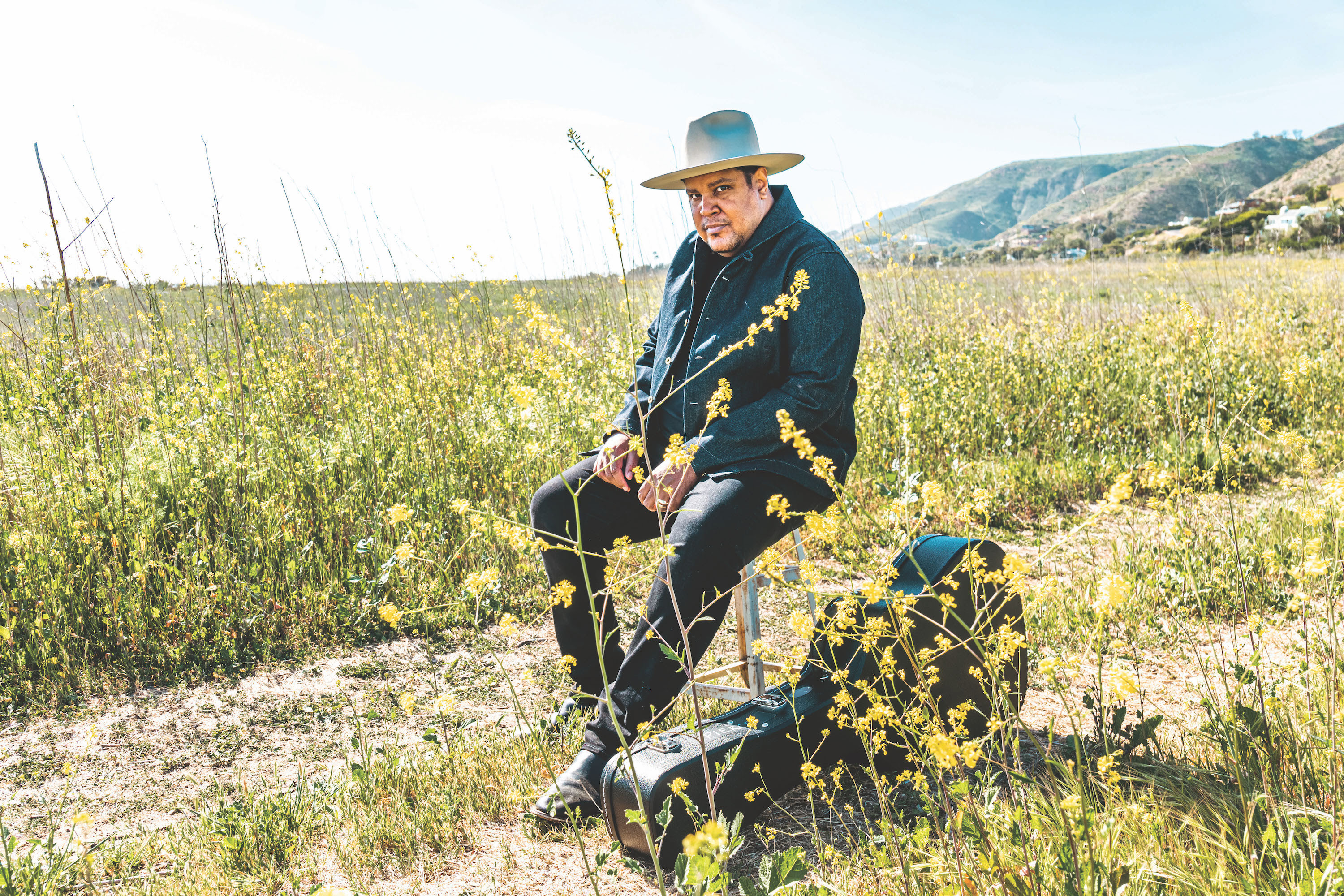Rebel Records is proud to announce a new album from pioneering American roots musician Peter Rowan. Rowan’s second album for Rebel, Calling You From My Mountain features star turns from Shawn Camp, Billy Strings, Molly Tuttle, Lindsay Lou, and more, and original and traditional songs from Rowan and his band. Today, Rebel is releasing the first single off the new album, “The Song That Made Hank Williams Dance” featuring Shawn Camp. Rowan had this to say about the single, “This chorus appeared to me in a dream one glorious April at my tin-roofed Texas casita. Singer, songwriter, guitar picker Shawn Camp hails from Alabama as did Hank Williams. Shawn, he’s a natural for this song. And a big inspiration! We had some fun!”
“Peter Rowan is a true roots original,” says Mark Freeman, Rebel Records’ owner. “While his musical curiosity has taken him on many fun and fascinating adventures across many different genres, bluegrass is the foundation and starting point for those trips. Building on the momentum of his previous bluegrass release, Carter Stanley’s Eyes, we at Rebel are thrilled to be working with Peter again as he delivers another collection of powerful material, both new and old!”
For over six decades, GRAMMY-award winning artist Peter Rowan has been at the forefront of acoustic American music, inspiring generations of new musicians and working creatively with the roots of bluegrass, newgrass, Americana, country rock, jazz, even reggae, Hawaiian, and Tejano music. A relentlessly curious, brilliant songwriter, Rowan’s had the kind of career that would give him ample opportunity to kick back and rest on his laurels now, but his new album, Calling You From My Mountain (coming June 24 on Rebel Records), shows that Rowan’s voice is as vital as ever, fueled by the history of our great traditions and excited for their future. Guest spots on the album from friends like Billy Strings, Shawn Camp, Molly Tuttle, Lindsay Lou, and Mark Howard, not to mention Rowan’s multi-generational band, show that Rowan’s inspiration transcends age. For these past sixty+ years, Rowan’s been a musical sponge, soaking up ideas and influences from his many travels and his roving search for new traditions, using these sounds to create new songs and new musical genres at will. Though the genesis for Rowan’s new album came from Hank Williams’ Luke the Drifter personality and Rowan’s idea of writing new songs for this character, he quickly spun in other connections, like his longtime interest in Tibetan music and his Buddhist beliefs and practices, or his love of other American roots legends like Ramblin’ Jack Elliott, Lightnin’ Hopkins, Guy Clark, Bill Monroe, and Tex Logan (all of whom Rowan’s played and performed with). Throughout, the music sounds like Rowan himself, a modern day California dharma bum, a man as nourished by a metaphysical interest in the mysteries of the physical universe as he is by the intricacies of handcrafted music making.
Calling You From My Mountain began as a tribute album or homage to Peter Rowan’s favorite Hank Williams LP. “When I left Nashville in 1990,” Rowan explains, “the only country music album I had, besides one Ernest Tubb record, was Hank Williams Sings Luke the Drifter. So, I listened to that all the time on my little turntable, and I just loved that Hank had an alternate ego who was himself but the sentimental-songs-with-a-message side.” Rowan wrote an entire album of songs inspired by Luke the Drifter, but before he could travel to Nashville to record it, the pandemic hit and plans changed. Instead, Rowan stayed at home, looking out over the California coastal landscape and canyons around him, just playing and trying out old favorite songs. As singing the old songs brought forth ideas for new songs, Rowan built the groundwork for his new album and managed to keep some of Luke the Drifter’s spirit alive. “I included one of the songs I wrote from the Luke the Drifter album, “Dream of Heaven.” By doing that, I started to find my own voice again as to what I really wanted to say on this record. The companion song to that is “The Red, the White and the Blue”, where I wrote “I remember, I remember, I remember you / The red, the white and the blue” which to me is like a Carter Family type of approach with Molly Tuttle singing the harmony and playing banjo and Shawn Camp on guitar. With Rowan’s characteristic thoughtfulness, he transforms a patriotic refrain into a subtle and heartfelt anti-war statement.
Opening with Woody Guthrie’s “New York Town” (as learned from Guthrie’s friend Ramblin’ Jack Elliott), it’s clear that Rowan still wears his love of classic bluegrass on his sleeve, but he retains his uncanny ability to marry bluegrass with the farthest reaches of the world. “From My Mountain (Calling You)” was inspired by Rowan’s long friendship with famed Tibetan singer Yungchen Lhamo and centers on the shared love of the freedom of mountain landscapes in both Appalachian and Tibetan folk music. “Light at the End of the World” echoes the sound of bluegrass gospel, but trains that spiritual power on Rowan’s heartbreaking memories of visiting the Hiroshima Memorial while performing in Japan in the 1970s. Even a song like “A Winning Hand,” which Rowan wrote in Nashville in the 90s, may seem like a straightforward country song but instead reminds Rowan of his time on tour in Ireland, ocean waves crashing under a Sligo dawn. As someone who’s criss-crossed the globe looking for new musical inspiration, Rowan’s musical landscapes have always been global in nature.
Talking to Rowan now is a dizzying ride through American musical history. At times it feels like he’s done it all, jamming with groundbreaking free jazz players in Boston in the 60s because they had the best weed, hanging with Jim Kweskin at the Lyman Family compound, tracking down the great Tejano accordionist Flaco Jimenez among the cantinas of San Antonio, calming raucous festival crowds with Lhamo’s Buddhist chants, or touring with Lightnin’ Hopkins, Sonny Terry, and Brownie McGhee. Throughout, Rowan retains his early roots in bluegrass and his love for the great Bill Monroe who he rightfully recognizes as another musically voracious soul. “Bluegrass accepted me first as a cultural pilgrim,” Rowan says. “I’m still the pilgrim, interpreting my experience through music. And the richness is the collaboration with people from really any culture. Musicians are transcultural, you know.”
As one of Monroe’s Blue Grass Boys, Rowan’s in a unique place to evaluate the master’s musical intentions, and after all these years he’s beginning to understand what Monroe saw in him. “I think as a man in his 50s looking at a 22 year old kid, he saw me,” Rowan says, “he saw who I was before I did. He’d always yell at me on stage ‘Sing it like Pete Rowan!’ He always wanted the individuality to come out.” Now, Rowan’s in a similar position that Monroe was when he took Rowan on. That’s why it matters that Rowan’s new album features young roots music luminaries like Tuttle and Strings and Rowan’s own band features younger players like Chris Henry on mandolin, Max Wareham on banjo, Julian Pinelli on fiddle, and Eric Thorin on acoustic bass. “I’ve got a young band, it’s fabulous,” Rowan exclaims. “They’re bursting with ideas. They’re in their years of inspiration. They’re really quick learners and their ears are wide open because this generation is built on everything we did, dare I say, all those years ago.”
For any great artist, live performance is the heart of their love for the music, and for Peter Rowan, the pandemic’s kept him back from the kind of live music making that he thrives on and that defines bluegrass and its many offshoots. With stages opening up again, the real meaning of his new album is becoming clear. “The joy of playing live music again calls for raising our voices from the mountain tops,” he clarifies. Rowan’s still up on his mountain, still living a life looking to the celestial heavens and wondering, and when he calls us to come and learn, we’d do well to listen.






















